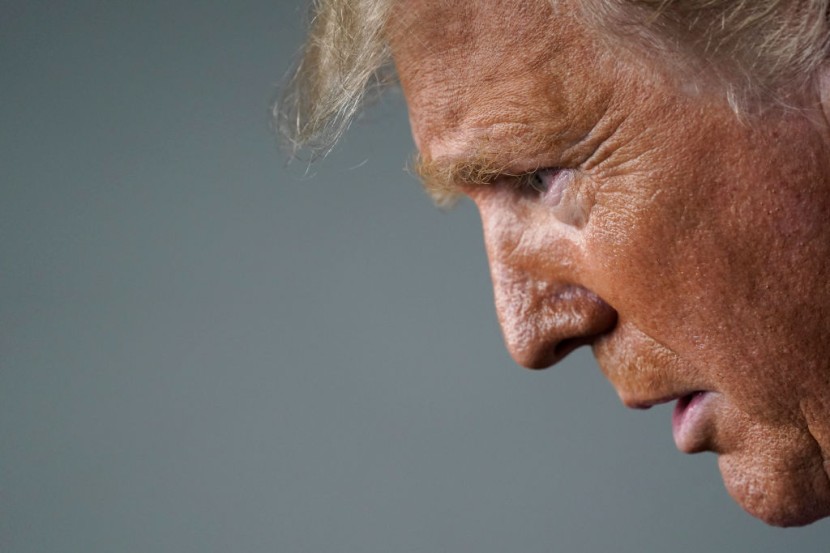
Microsoft said that Russia, China, and Iran have sent out hackers to target high-profile individuals involved in the 2020 United States presidential elections, including Donald Trump and Joe Biden.
Foreign interference
The tech giant said that the Russian cybercriminals responsible for the attack during the 2016 Democratic campaign are part of the recent endeavor.
Microsoft stated that there was enough evidence to support that foreign entities have begun to scale up their activities in targeting the general elections.
According to BBC, the massive tech firm noted that the two presidential candidates, Trump and Biden, are potential targets for cybercriminals.
A statement from Microsoft wrote that Russian hackers from a group known as Strontium are known to have targetted more than 200 organizations, the majority of which are connected to American political parties, and do not discriminate whether they were Republican or Democratic.
Microsoft also said that the same hackers also set their sights on British political parties but did not reveal details on which ones.
The Strontium group is also known as Fancy Bear, a cyber-hacker unit that was allegedly connected to the Russian military intelligence unit, the GRU.
The tech giant added that similar to what was observed in 2016 during the cyberattacks on the Democratic campaign; Strontium is believed to have conducted similar campaigns to gain access to log-in credentials or compromise accounts.
Also Read: Senator Ted Cruz Accuses Facebook of Manipulating American Votes With New Political Ad Ban
Compromising elections
The vice-president in charge of customer security and trust of Microsoft, Tom Burt, said that the attempts were made to aid in gathering intelligence or conduct disruption operations.
Microsoft said Chinese hackers conducted focused cyberattacks on individuals linked to Democrat Biden's campaign and Iranian cybercriminals carried out attacks targeting Trump's campaign and the people associated with it.
Despite the number of threats, Microsoft said that the majority of the cyberattacks were not successful. The firm also noted that the attacks did not target groups that were in charge of voting systems.
Thursday's report also comes after the White House announced it would be scaling back security briefings on congressional security. It also came shortly after a former official claimed that Trump's administration withheld information about the threat of foreign interference, as reported by Business Insider.
Microsoft has continued to monitor hacking attempts through its security products, including the "Defending Democracy" program from 2018 that focused on political organizations. The tech company revealed it had notified concerned parties of the cyberattack attempts.
The company noted that recent attacks had been conducted on a much larger scale compared to recent years.
The hacking unit connected with China, Zirconium, appeared to have targetted Biden's campaign and was unsuccessful in its attempts. The group has also tried to compromise one high-profile individual previously linked with Trump's administration.
According to Deutsche Welle, officials of Trump's campaign said they were not surprised by the hacking attempts because the Republican's efforts made him a big target.
Trump campaign's communications director, Tim Murtaugh, said that President Trump will win over Biden in a fair fight and does not need or want to rely on foreign interference.
While neither the Chinese and Iranian governments commented on the incident, the Russian embassy press secretary, Nikolay Lakhonin, said that U.S. officials have yet to provide sufficient evidence to support accusations of Russian interference on the elections.
© 2026 HNGN, All rights reserved. Do not reproduce without permission.








